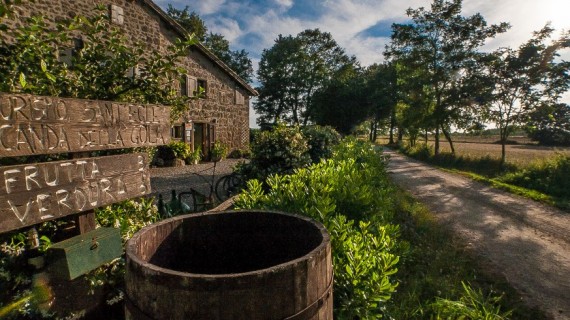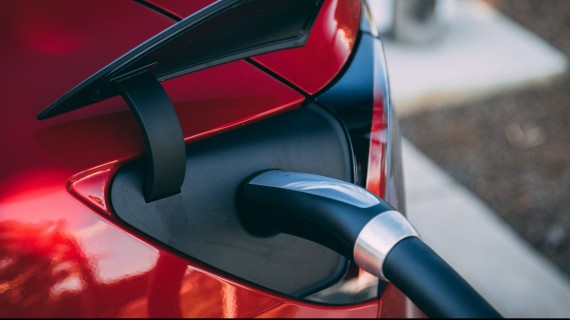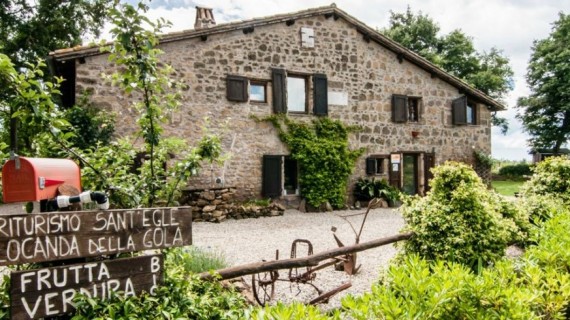Ecological issues are becoming more urgent, and the planet’s population, fortunately, is becoming more and more conscious. This has a direct impact on the business, regardless of the scope of its activity. Users no longer want to wear the clothes of brands that use low-paid labor of immigrants from poor countries, do not want to use vehicles that pollute nature, and try to equally care about the environment both in their homeland and as guests in a foreign country. And of course, this has its effect on the tourism business, which should also become more sustainable and environmentally friendly, in line with the changing requirements of tourists. In this article, we will talk about the implementation of this task.
Strive for Zero Food Waste
It was not by chance that we put this item first, since this is a very urgent problem, especially for all-inclusive hotels. If we look at this issue globally, then a third of all foods that are produced in the world end their lives in the bin. And restaurants and hotels are the main contributors to this sad statistic. Only American hotels and restaurants throw out about 40% of the food they cook.
Obviously, to become more sustainable, you, as a hotel owner, need to break this vicious circle. It is necessary once again to carefully review the concept of food for your tourists and make your menu more balanced and reasonable.
It is necessary to learn how to buy only those products and in such quantity that everything prepared by your cooks is eaten by your guests.

Try to Save Energy and Use Its Alternative Sources
If you still have not done this, then it’s time to think about at least such a trifle as energy-saving lamps in all hotel rooms. An even cooler option is solar panels for generating green energy and solar hot water panels for heating pools in the cold season. Plus, it would be wise to install sensors and systems in the corridors of the hotel, which will respond to movement and adjust the lighting power depending on the strength of natural light and the workload of certain rooms at certain times of the day. For example, it is not necessary to illuminate the entire lobby bar at night, when you can leave the lamps turned on only in places where tourists spend their night out.
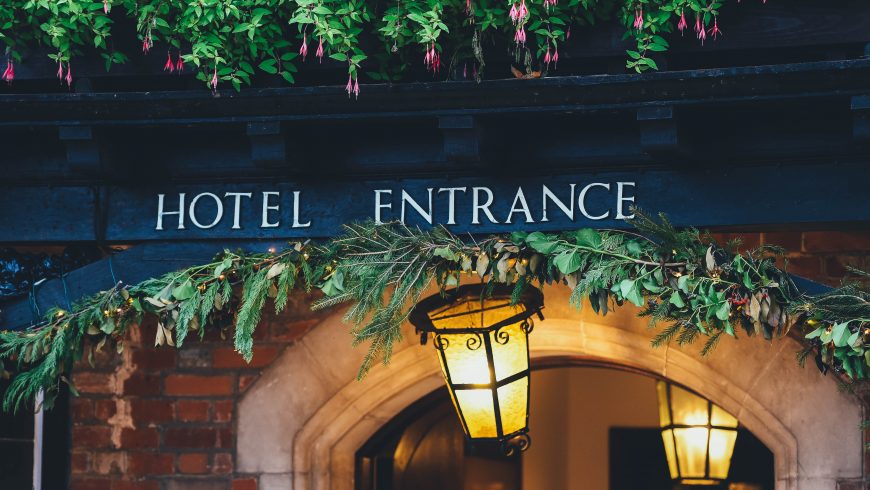
Invest in Innovations to Help You
Everything that we listed above becomes possible with the help of modern technology. To deal with food waste, you can use modern systems of artificial intelligence and analytics. For example, Winnow Solutions has developed a smart bin that recognizes the number and type of products that have been thrown, determines their weight and immediately translates this into a cash equivalent. Plus, the system is capable of self-learning, identifying patterns and generating reports about what type of products is redundant most often. Based on these data, the owner, manager, and chef of the hotel can optimize their strategies for purchasing food products for tourists. It becomes possible to study the preferences of hotel guests and offer those dishes that are most popular and will definitely be eaten. This is a simultaneous contribution to the ecology, the economy of the hotel, and customer service by satisfying the wishes of your guests.
As for energy-saving, smart home systems can also work, only in the concept of a smart hotel. The meaning of the operation of the systems remains the same – to consume energy only where necessary, as well as save time and labor of service personnel while satisfying the needs of tourists, for example, in a warm indoor pool in the cold season.
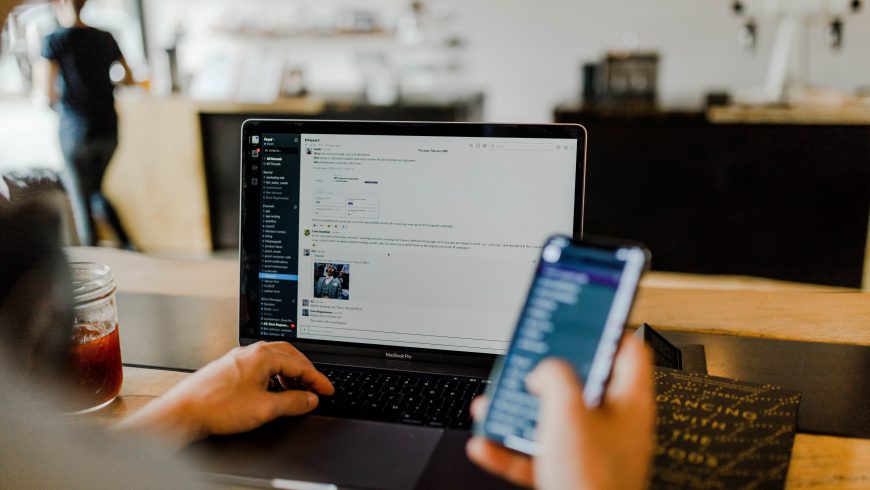
Give Your Hotel’s Interior a Second Chance
No, we do not call forcing your guests to sleep on broken beds or eat from cracked plates – these are extremes. However, continuing the conversation about the desire for zero rubbish and environmental friendliness, it would be unreasonable to throw away things that can still serve your hotel if you update them a little, or turn them into design elements.
For example, it is not necessary to throw out a chair that stands at the reception only because its upholstery has begun to lose its attractive appearance. It will be much more reasonable to replace the upholstery and paint the legs and armrests – both from an economic and environmental point of view.
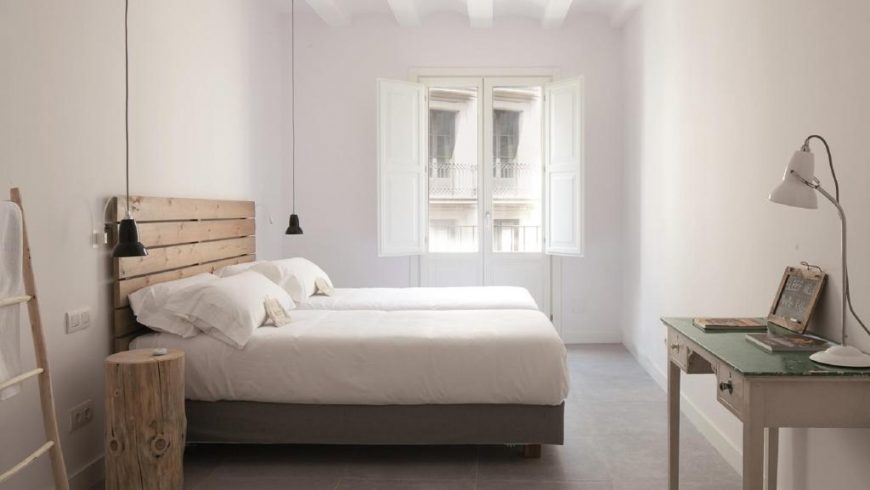
Talk About Your Eco Missions and Motivate Your Tourists to Support You
It is important not only to realize your environmental mission but also to talk about it with your guests, for whom it is important. This is one more chance that tourists will choose you, even if the hotel on the next street is better for some indicators, but does not support the environmental initiative.
Therefore, you need to constantly explain to your guests your actions and intentions to improve the service without harming the environment.
Therefore, be sure to create content on your site, share your updates and plans, plus keep in touch with regular and potential guests through social networks. And so that tourists from all over the world have the opportunity to understand you and decide to visit your hotel.
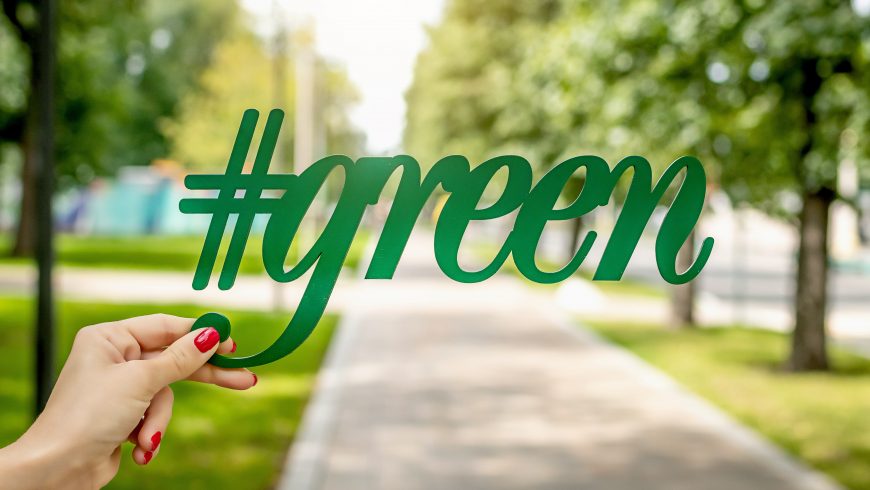
These are just some tips to make your tourist hospitality sustainable. You can discover other green actions to implement in your business reading this guide for green hotels.
So, as you can see, it is not so difficult to make the tourism business sustainable and environmentally friendly. The most important thing is to take care of this problem and consider each idea from this point of view. Plus, you need technological innovation, which in practice means investment. And besides, it is necessary to maintain a reasonable balance – environmental friendliness and sustainability do not mean constant savings at every step. This means improving customer service in a reasonable combination with environmental concerns.
Cover image: photo via pxhere



